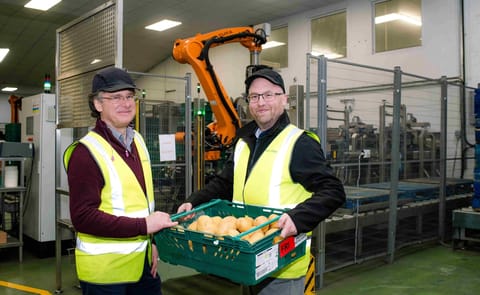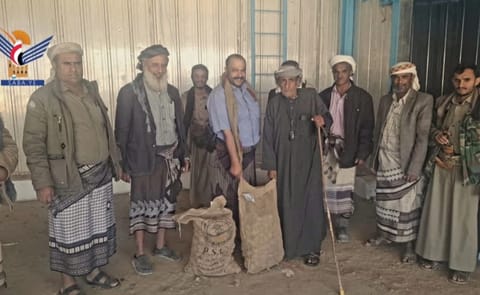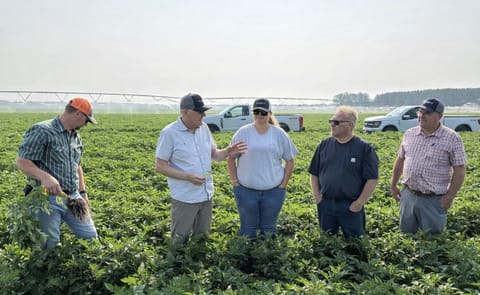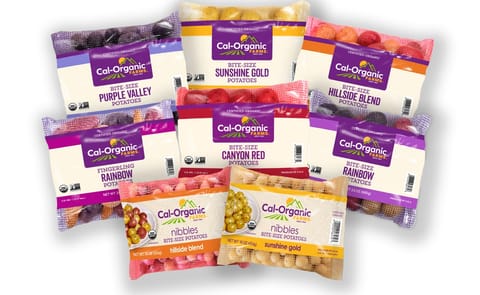Almost 70 new varieties of potato and sweet potato will soon be available to Pacific Island countries and territories, to improve food security across the region.
The Secretariat of the Pacific Community’s (SPC’s) Centre for Pacific Crops and Trees (CePACT), based in Suva, Fiji, has received 42 new potato varieties as tissue cultures that are sub-tropical, heat-tolerant and resistant to some potato viruses.
Potato is becoming one of the most consumed crops in the Pacific Islands region, with some countries and territories beginning to grow potatoes, while Fiji imports FJD 17 million of potatoes ever year.
The new potato varieties originate from Peru, while the sweet potato tissue cultures are also mainly from Peru, as well as Argentina, Bolivia and Ecuador.
Accessing new, adaptable and resilient hybrids will assist countries and territories with import substitution to improve food security.
“The Centre also received tissue cultures of 27 advanced hybrid sweet potato varieties, all of which have orange and purple flesh that is high in nutrients to help improve diets in Pacific communities,” SPC Genetic Resources Coordinator, Valerie Tuia, said.
“The fast-growing and early-maturing sweet potato varieties are an ideal crop in disaster rehabilitation efforts and food security programmes, although we’re currently preparing other varieties for anticipated distribution in the coming weeks to areas impacted by Cyclone Pam,” she said.
In Cook Islands, Niue and Samoa these orange and purple varieties are very popular for the tourist market and they will support smallholder farmers supplying this market.
A growing demand by Pacific countries and territories for disease-resistant and nutrient-rich crop diversity, that is suitable for a tropical climate, prompted CePACT to continue sourcing new, improved varieties from its partners in the Consultative Group of International Agriculture Centres (CGIAR).
The new crops were acquired from the International Potato Centre, based in Peru, one of CePACT’s partner institutes in the CGIAR group.
The materials are part of the global genepool of the multilateral system of the Food and Agriculture Organization of the United Nations (FAO) International Treaty on Plant Genetic Resources for Food and Agriculture, in collaboration with the Global Crop Diversity Trust.
SPC’s strategic partnership with the New Zealand Ministry of Foreign Affairs and Trade enables SPC to source, multiply and distribute new resilient crop diversity to support community food security projects in the Pacific.
The Fiji Biosecurity Authority of Fiji also provides valuable support to SPC’s work by facilitating provision of import permits using international standards so that Pacific countries and territories can access these new varieties.
New potato varieties to improve Pacific food security

Like to receive news like this by email? Join and Subscribe!
Get the latest potato industry news straight to your WhatsApp. Join the PotatoPro WhatsApp Community!
Highlighted Company
Sponsored Content
Sponsored Content
Sponsored Content
Sponsored Content







